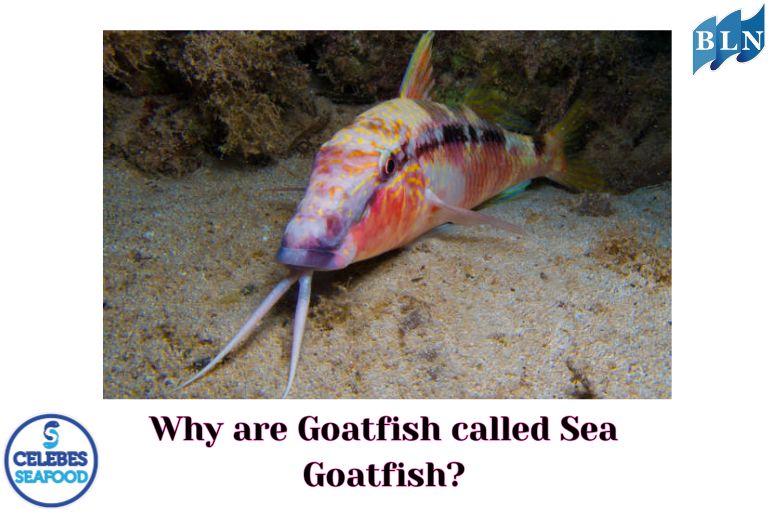Blue Economy and Transformation of the Fisheries Industry Towards Sustainability
By. Edi - 21 Apr 2025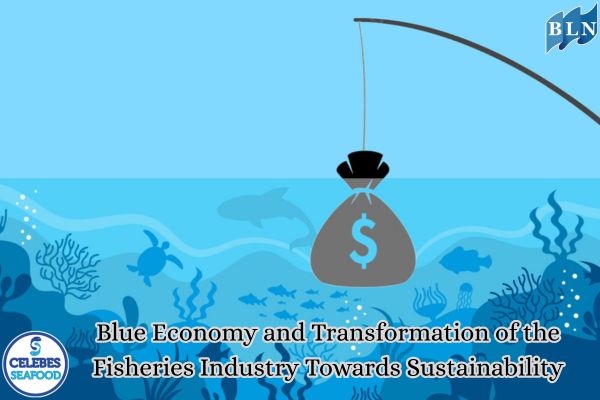
lautnusantara.com Blue economy is a concept of sustainable economic development that focuses on the responsible use of marine resources for economic growth, improved livelihoods, and healthy marine ecosystems. Transforming the fisheries industry towards sustainability is an integral part of the blue economy, which aims to balance economic benefits with environmental conservation and social well-being.
1. Benefits of Blue Economy for the Fishing Industry:
- Resource Sustainability: Encouraging responsible fishing and fish farming practices, thereby maintaining fish stocks and marine biodiversity for future generations.
- Value Added: Developing efficient seafood processing, value-added fisheries products, and sustainable marine tourism, thereby increasing incomes and creating jobs.
- Food Security: Through sustainable fish farming and marine agriculture, the blue economy contributes to the availability of sustainable sources of animal protein.
- Coastal Community Well-being: Managing coastal areas sustainably through ecotourism, mangrove cultivation, and coastal waste management, which improves the well-being of local communities.
- Climate Change Mitigation: Marine ecosystems such as mangrove forests and seagrass beds play an important role in absorbing carbon. The blue economy encourages the preservation of these ecosystems and low-carbon fisheries practices.
- Innovation and Technology: Encourage the development of technology and innovation in the use of marine resources that are more efficient and environmentally friendly.
2. Examples of the Application of the Blue Economy in the Fisheries Industry:
- Sustainable Fisheries: Implementation of fishing quotas, environmentally friendly fishing gear, and sustainable fisheries certification systems.
- Environmentally Friendly Cultivation: Development of fish and seaweed cultivation that does not damage the ecosystem, such as polyculture cultivation systems or the use of sustainable feed. For example, seaweed cultivation in East Nusa Tenggara (NTT).
- Marine Ecotourism: Development of responsible tourism that focuses on conservation, such as snorkeling and diving in protected areas, as well as education about the importance of maintaining marine ecosystems. For example, marine ecotourism in the Seribu Islands.
- Value-Added Seafood Processing: Diversification of fishery products through innovative and sustainable processing, thereby increasing sales value and reducing waste.
- Coastal Ecosystem Conservation: Restoration and protection of important habitats such as mangrove forests and seagrass beds that are fish spawning grounds and ecosystem buffers. For example, mangrove conservation in Surabaya.
- Renewable Energy from the Sea: Utilization of wave energy and ocean currents to support the operation of the fishing industry and coastal communities. For example, renewable energy from ocean currents in the Lombok Strait.
3. Challenges of Implementing the Blue Economy in Fisheries:
- Overfishing and Environmental Degradation: Overfishing and damage to marine habitats are still major problems.
- Lack of Infrastructure and Technology: Especially in remote areas, infrastructure for processing and utilization of sustainable technology is still limited.
- Weak Regulation and Law Enforcement: Implementation and enforcement of regulations related to sustainable fisheries and environmental protection still need to be improved.
- Climate Change: The impacts of climate change such as rising sea levels, warming sea temperatures, and extreme weather events threaten the sustainability of marine ecosystems and fisheries.
- Coordination Between Sectors and Stakeholders: The development of the blue economy requires effective cooperation and coordination between the government, industry, local communities, and related organizations.
- Poverty and Socioeconomic Disparities: Vulnerable coastal communities need support and empowerment to be able to participate in the blue economy fairly.
- Lack of Awareness and Capacity: Increasing awareness and capacity of human resources in implementing blue economy principles is still needed.
Transforming the fisheries industry towards sustainability through a blue economy approach requires commitment and collective action from various parties. With proper management and continuous innovation, the potential of Indonesia's marine resources can be optimally utilized for economic, social, and environmental welfare. If you are interested in our product OCTOPUS LEGS, OCTOPUS WHOLE CLEANED FLOWER TYPE, OCTOPUS WHOLE CLEANED BALL TYPE please do not hesitate to contact us through email and/or whatsapp.
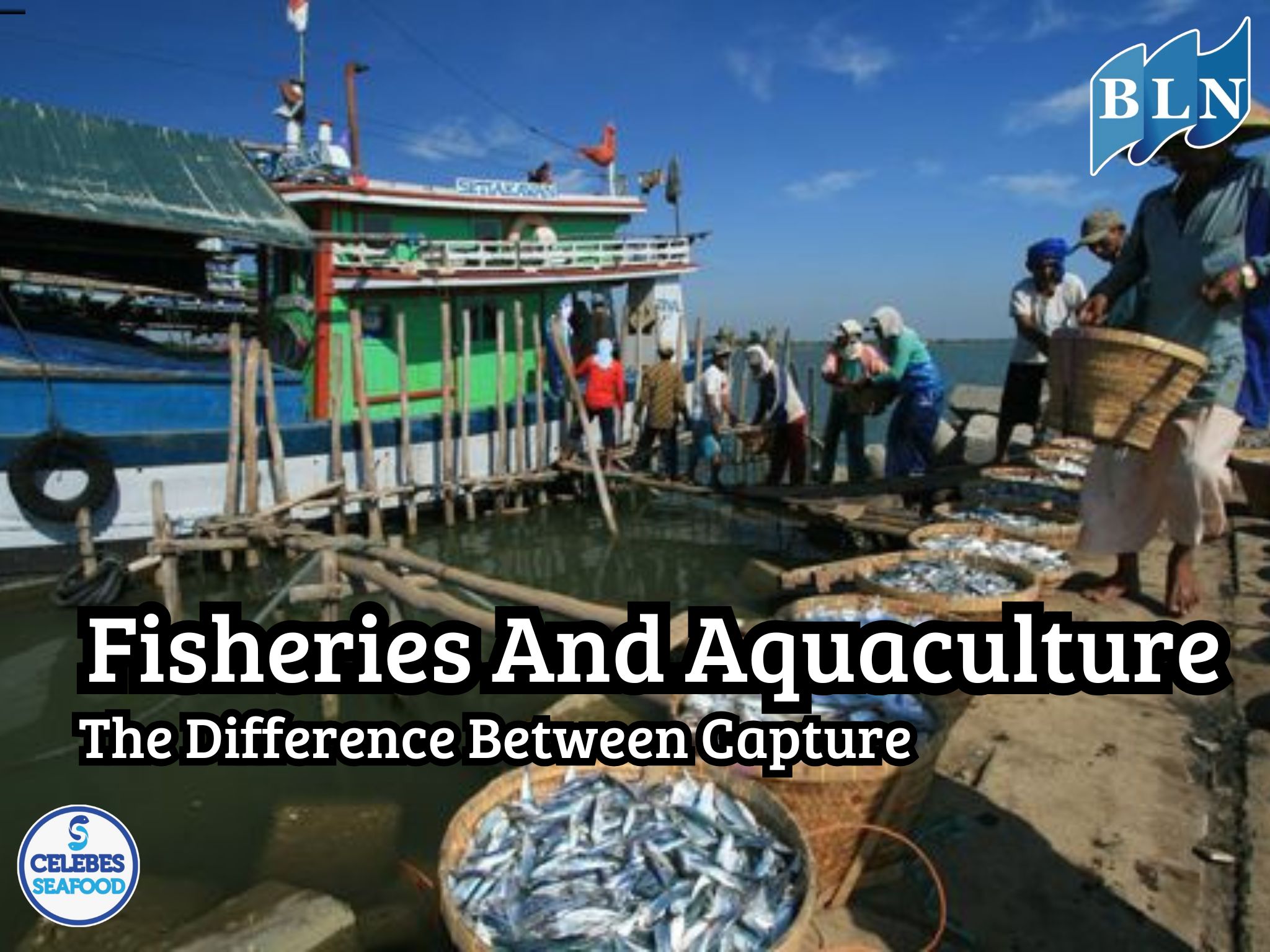
.jpg)
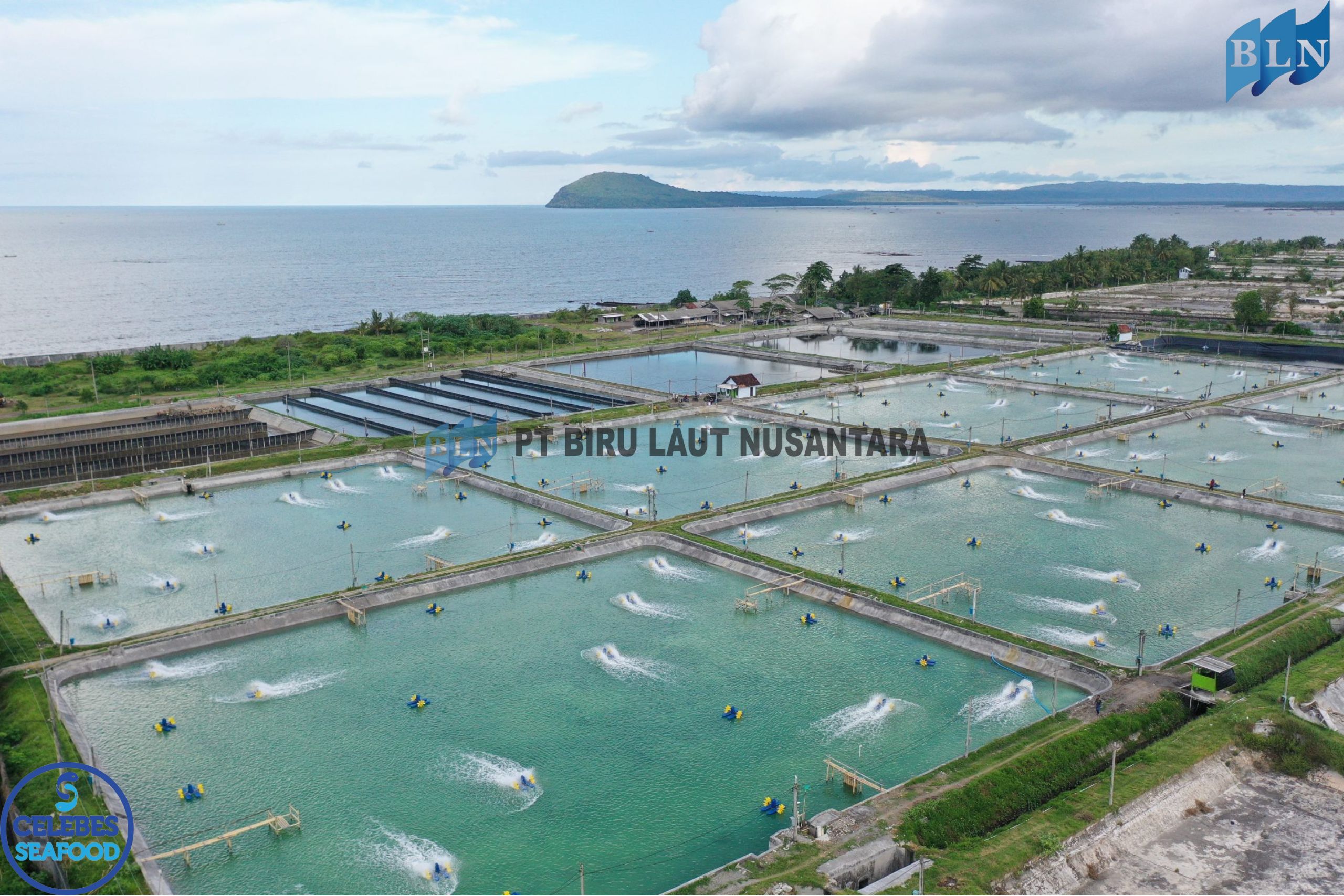
.jpg)
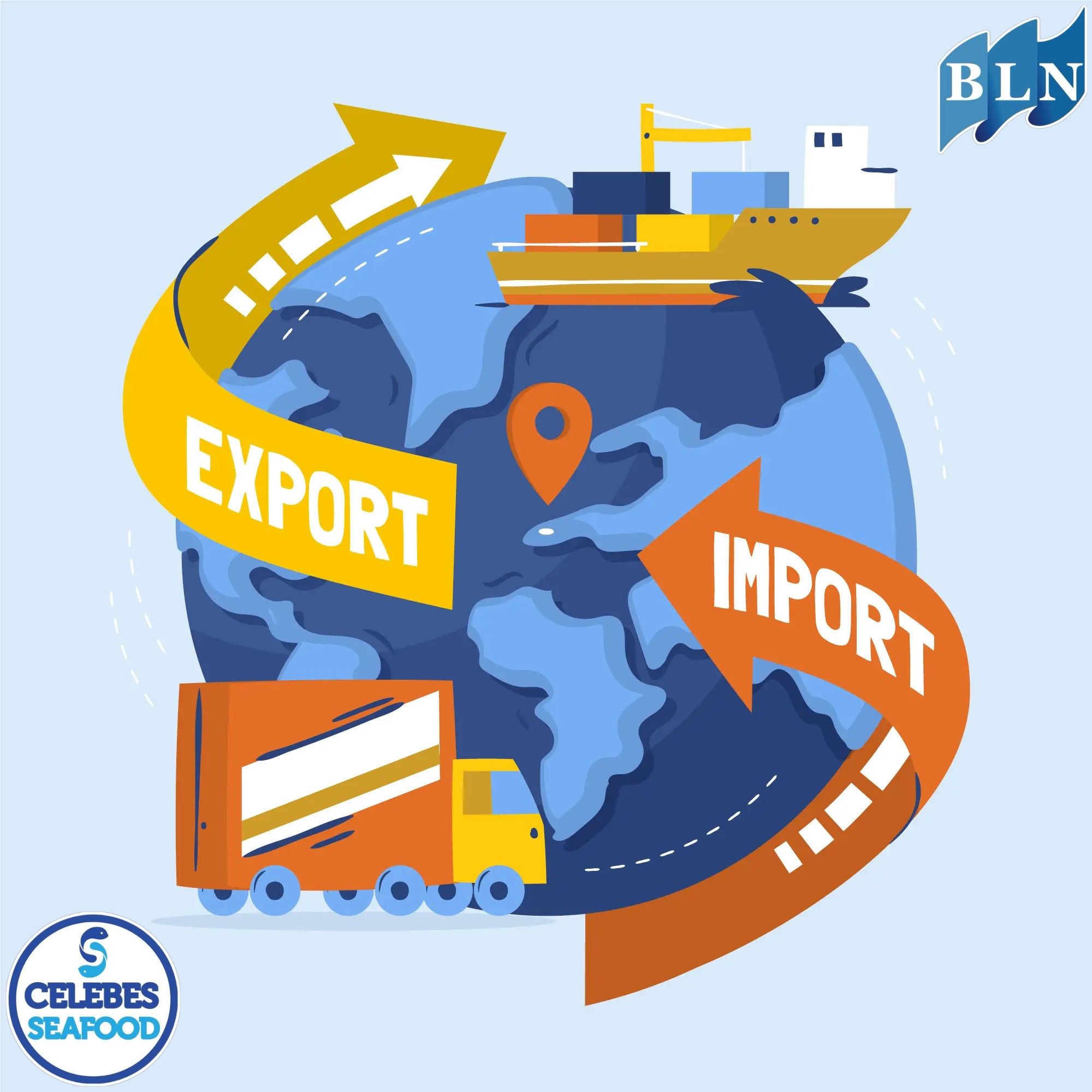
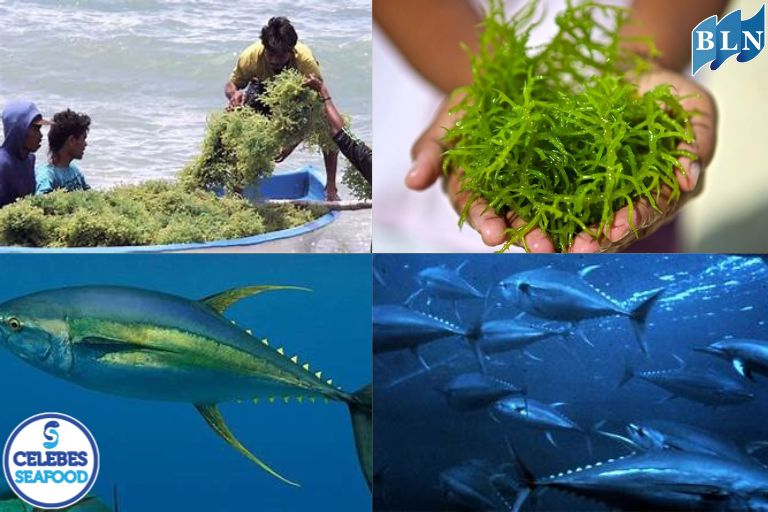
.jpg)
